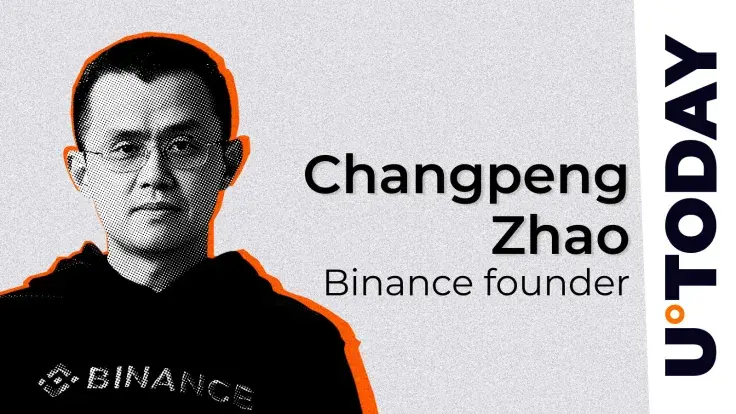
In a bold move signaling its commitment to digital transformation, Pakistan has appointed Binance founder Changpeng Zhao (CZ) as Strategic Advisor to its newly established Pakistan Crypto Council (PCC).
This development underscores the country’s growing interest in blockchain innovation and crypto adoption amid a global shift toward Web3 readiness.
Binance's CZ joins Pakistan crypto council
Responding to the nation’s call for crypto innovation and regulation, Binance’s CZ will now play an instrumental role in shaping Pakistan’s crypto strategy. The appointment was made during a high-level meeting chaired by the Federal Minister for Finance and Revenue, Senator Muhammad Aurangzeb, earlier this week.
Key government officials also attended the session, including the Chairman of the Securities and Exchange Commission of Pakistan, the Governor of the State Bank of Pakistan, and Federal Secretaries for Law and IT.
The Pakistan Crypto Council, formed in March, will be supported by CZ’s expertise in building the world’s largest cryptocurrency exchange. His advisory role is expected to cover critical areas such as crypto regulation, infrastructure development, public education, adoption, and attracting foreign investment.
Former anti-crypto country embraces crypto innovation
The appointment comes as a significant shift in Pakistan’s previous stance on digital assets. In early 2022, the country’s authorities had proposed a ban on cryptocurrencies, labeling them illegal and penalizing exchanges operating locally.
At the time, Binance itself was the subject of investigation following accusations related to illicit activities.
This recent turnaround indicates Pakistan’s growing confidence in crypto’s potential to drive financial innovation and attract international investment. The decision to work with one of the industry’s most influential figures demonstrates a strong intent to create a compliant, inclusive, and globally competitive crypto ecosystem.
With economic pressures pushing the public toward alternative assets, national authorities are increasingly rethinking their crypto regulations, aligning with global trends seen in countries like Singapore, the UAE, and others that are embracing Web3 technologies.

 Alex Dovbnya
Alex Dovbnya Dan Burgin
Dan Burgin Gamza Khanzadaev
Gamza Khanzadaev Tomiwabold Olajide
Tomiwabold Olajide